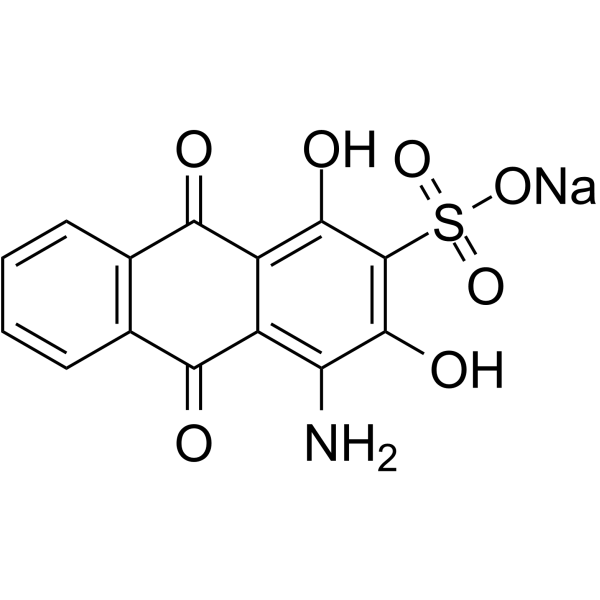| Structure | Name/CAS No. | Articles |
|---|---|---|
 |
Nuclear Fast Red
CAS:6409-77-4 |
|
 |
Pancreatin
CAS:8049-47-6 |